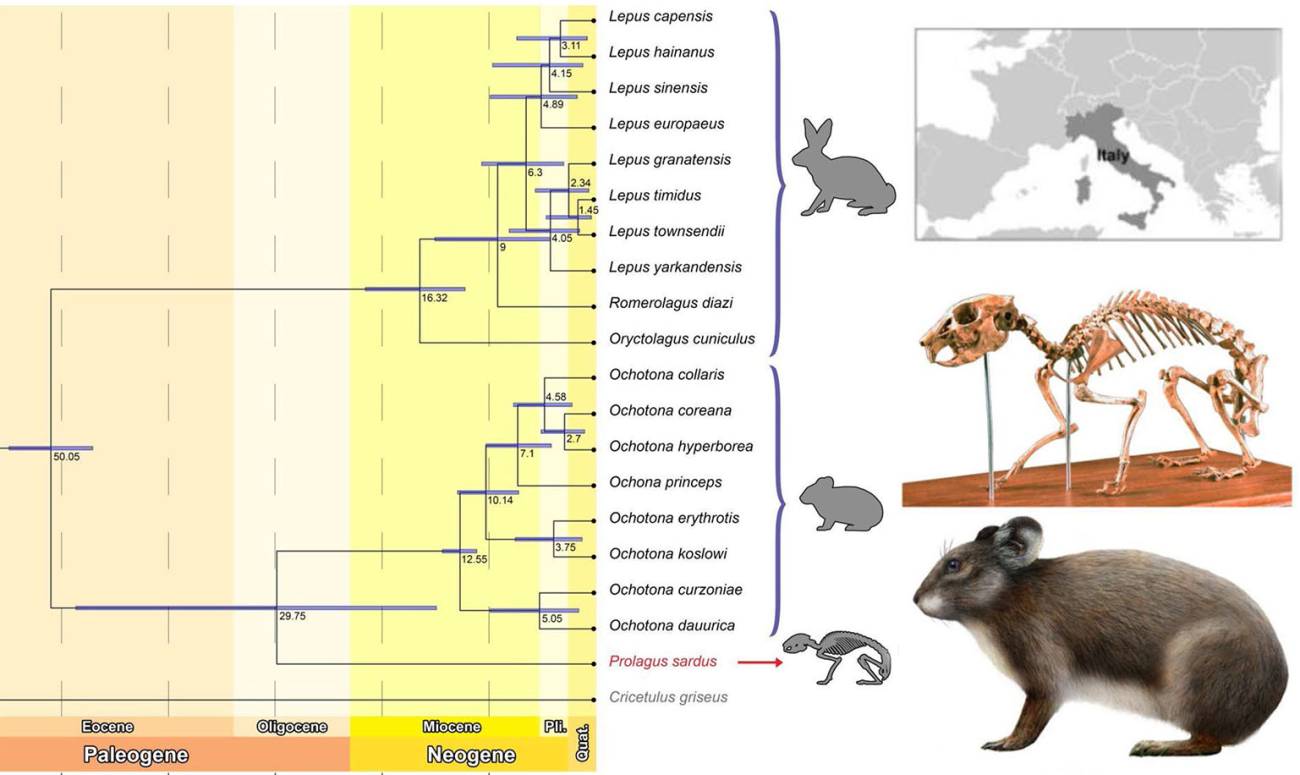
The family relationships of mammals have been studied in great detail. Of course, there are still species that have not been studied using modern phylogenetic methods, but the relationships of all modern families of mammals have long been known. However, there is a small Mediterranean group of lagomorphs: the prolagus, which became extinct only recently, the relationships of which remained unclear.
Prolagus are small animals, similar either to a small rabbit or to a large pika. There are legends that the Prolagus survived until the time of the Hellenes and, even moreover, live to this day on one of the Italian islands. So far these are just legends, but for a long time it was not clear exactly how deep the family ties between modern pikas and prolagus are. Some scientists believed that prolagus were one of the pikas, others that they were an independent family that had long diverged from the pikas.
To a large international team, including a senior researcher at the Laboratory of Microevolution of Mammals, Ph.D. Lisovsky A.A., using next-generation sequencing methods, it was possible to study part of the mitogenome of a fossil prolagus from Sardinia.
The results of the analysis confirmed the correctness of the unpopular point of view of Russian paleontologists about the rank of prolagus as an independent family. Thus, prolagids became a “new” family of mammals.
Utzeri V.J., Cilli E., Fontani F., Zoboli D., Orsini M., Ribani A., Latorre A., Lissovsky A.A., Pillola G.L., Bovo S., Gruppioni G., Luiselli D., Fontanesi L., 2023. Ancient DNA re-opens the question of the phylogenetic position of the Sardinian pika Prolagus sardus (Wagner, 1829), an extinct lagomorph. Scientific Reports, 13(1): 13635. https://www.nature.com/articles/s41598-023-40746-w
